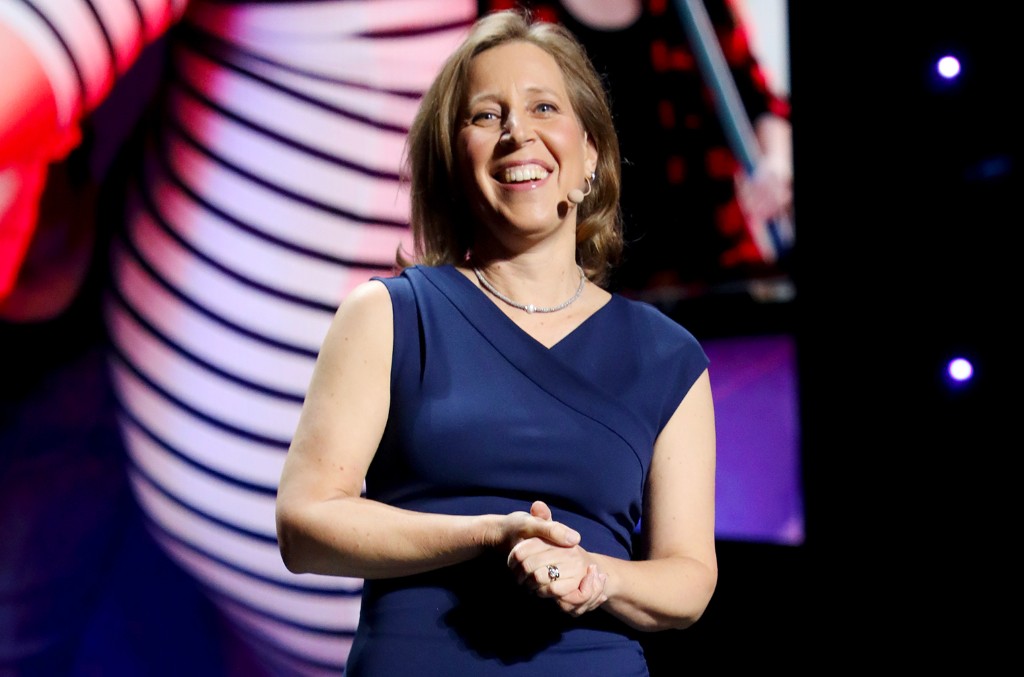Google’s YouTube said Friday that it has agreed to reduce its streaming quality in Europe, including the U.K., to standard definition for the next month to help avoid internet congestion amid the coronavirus pandemic.
The move, in response to a request from EU Internal Market and Services Commissioner Thierry Breton, comes a day after Netflix unveiled a similar initiative. High definition streams require more online bandwidth, potentially causing broadband congestion during peak times.
Breton, a high-ranking member of the European Union, earlier this week had called on streaming video giants to do their part as more people are forced to stay home and work or learn from there to prevent the spread of coronavirus despite limited evidence so far that networks are being overloaded beyond people on social media mentioning slow internet access.
“People are coming to YouTube to find authoritative news, learning content and make connections during these uncertain times,” a YouTube representative said. “While we have seen only a few usage peaks, we have measures in place to automatically adjust our system to use less network capacity. Following the meeting between Google’s CEO, Sundar Pichai, YouTube’s CEO, Susan Wojcicki, and Commissioner Breton we are making a commitment to temporarily default all traffic in the EU to standard definition. We will continue working with member state governments and network operators to minimize stress on the system, while also delivering a good user experience.”
In the coming days, YouTube is also expected to roll out a campaign across Europe that encourages people to follow health authorities’ guidance and stay home.
“Millions of Europeans are adapting to social distancing measures thanks to digital platforms, helping them to telework, e-learn and entertain themselves,” said Breton, who served as CEO of France Telecom from 2002 until 2005. “I warmly welcome the initiative that Google has taken to preserve the smooth functioning of the internet during the COVID19 crisis by having YouTube switch all EU traffic to standard definition by default. I appreciate the strong responsibility that Mr. Pichai and Mrs. Wojcicki have demonstrated. We will closely follow the evolution of the situation together.”
World soccer governing body FIFA earlier said that it would use YouTube in a hope to give fans something to cheer as they go through enforced quarantine, digging deep into its TV archive and showing classic World Cup matches. FIFA said it would stream 30 classic matches in their entirety from the men’s and women’s World Cups for the first time on FIFA.com, the FIFA YouTube channel, as well as Chinese social media platform Weibo from March 21.
This article was originally published by The Hollywood Reporter.



